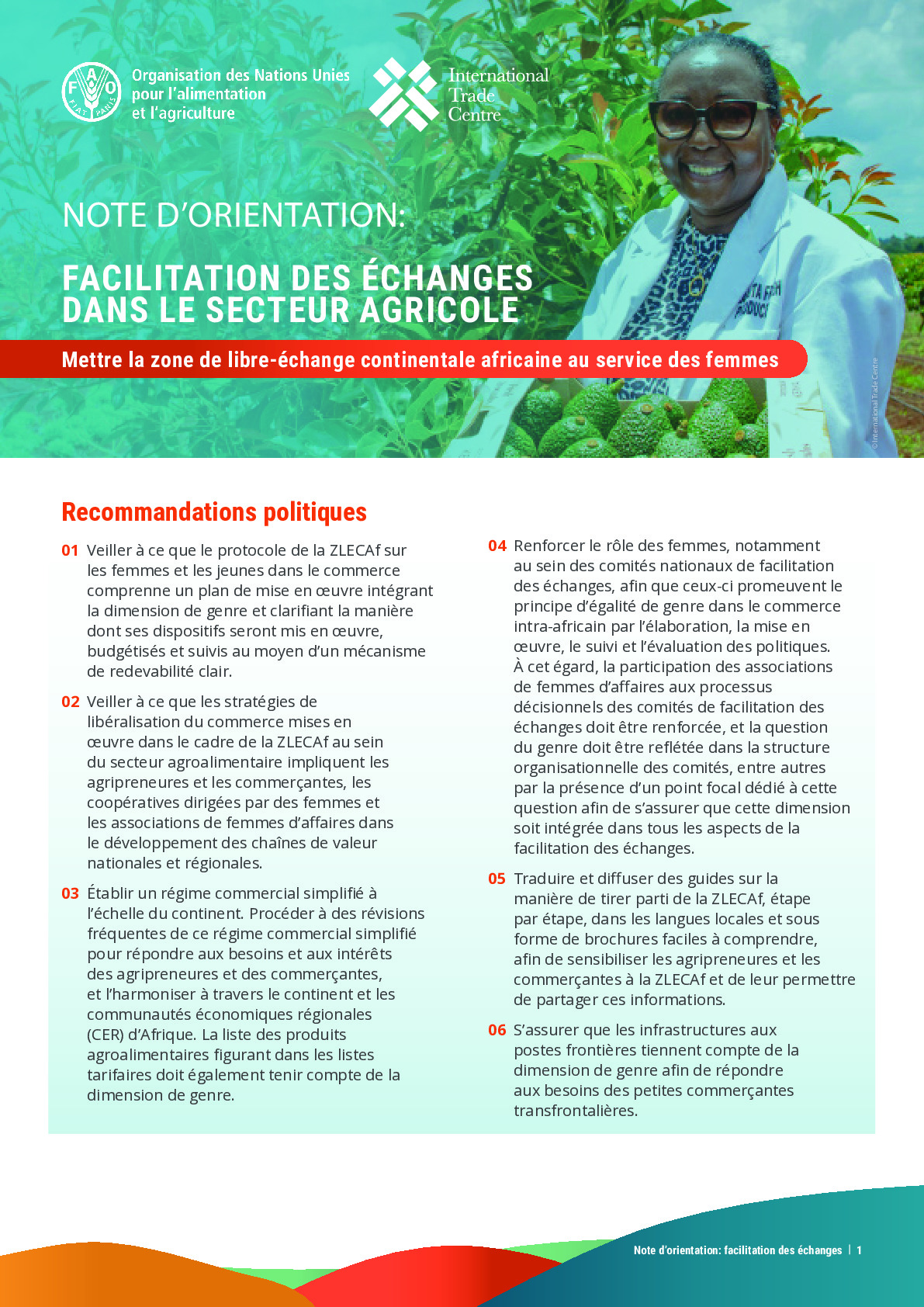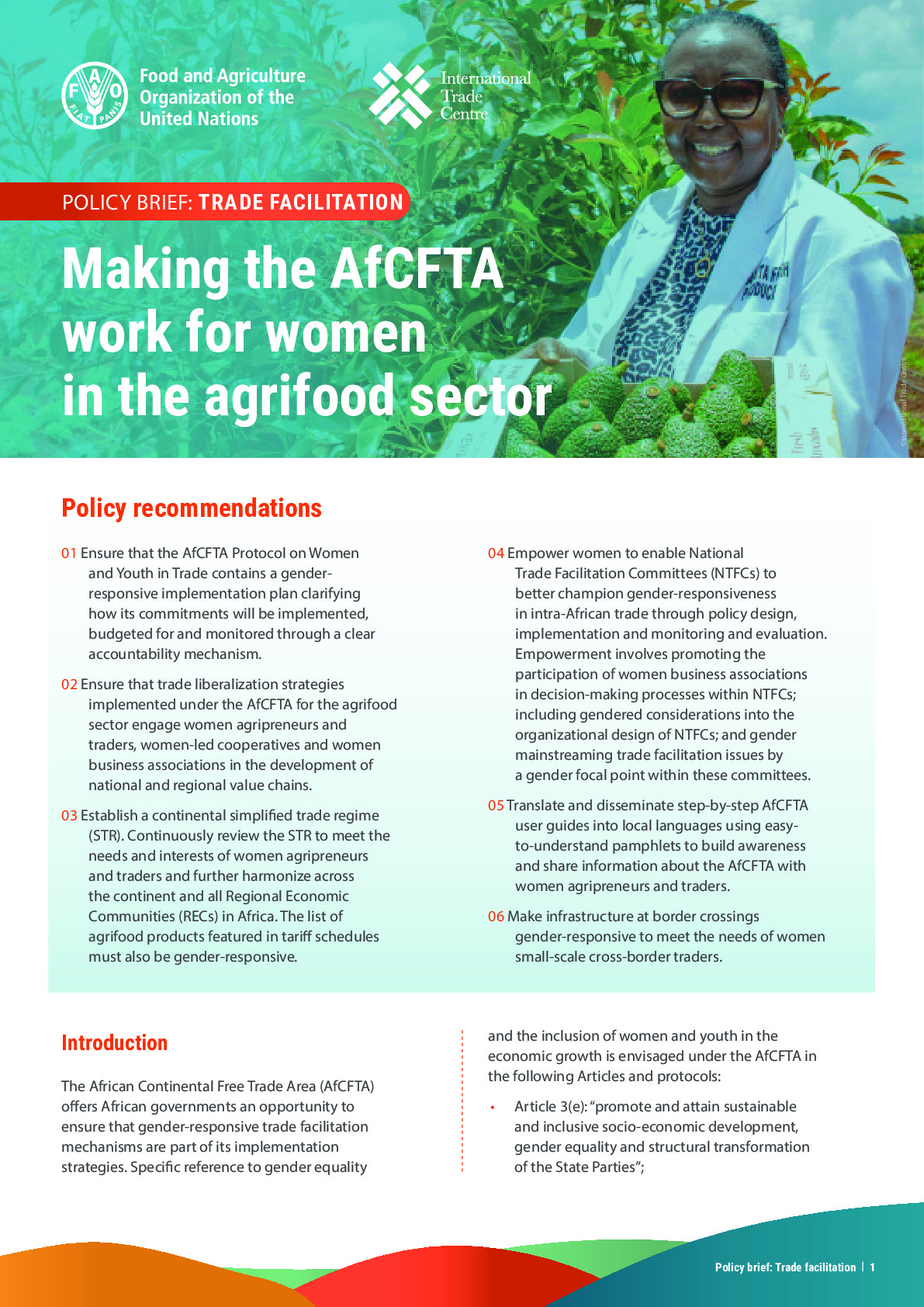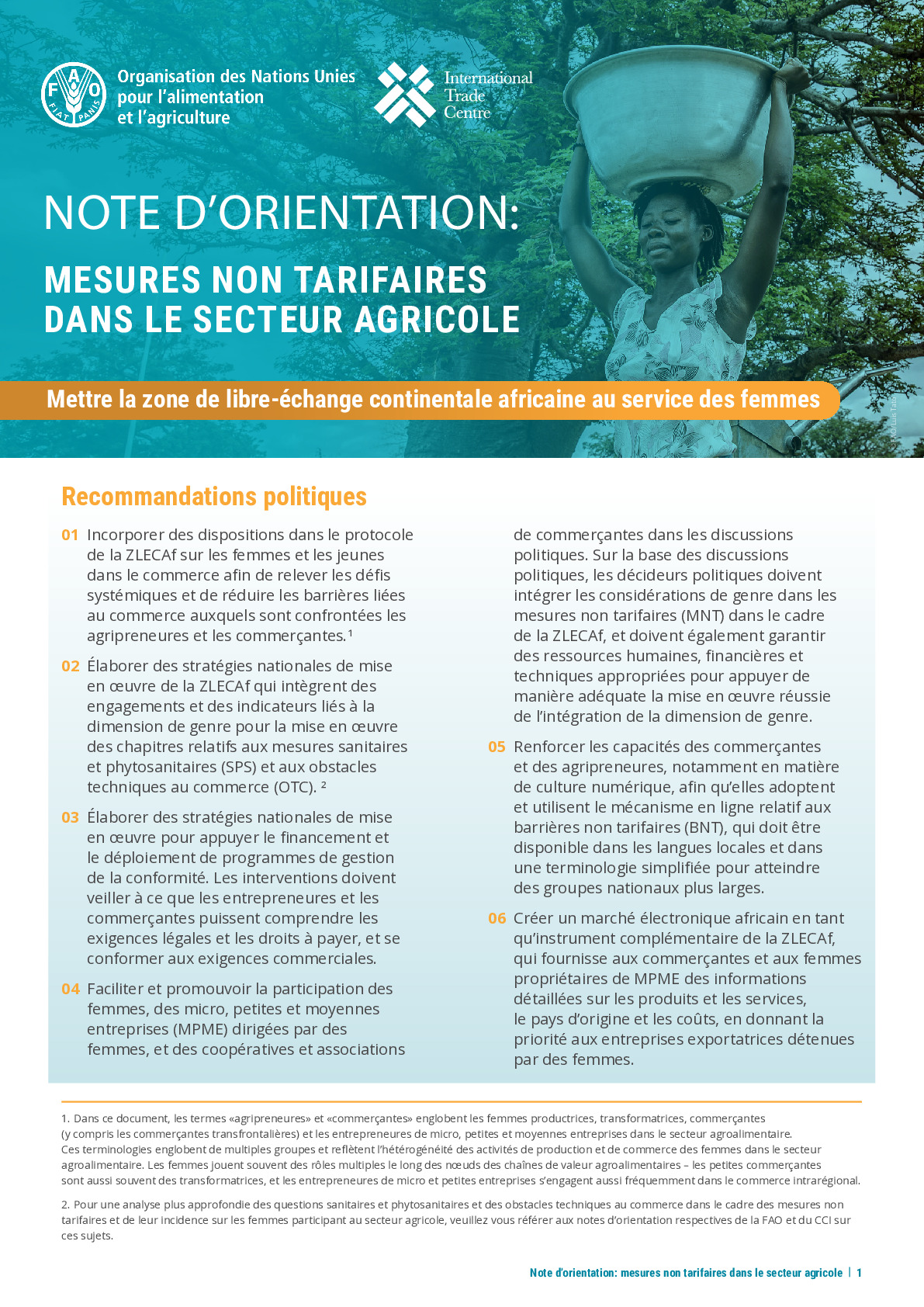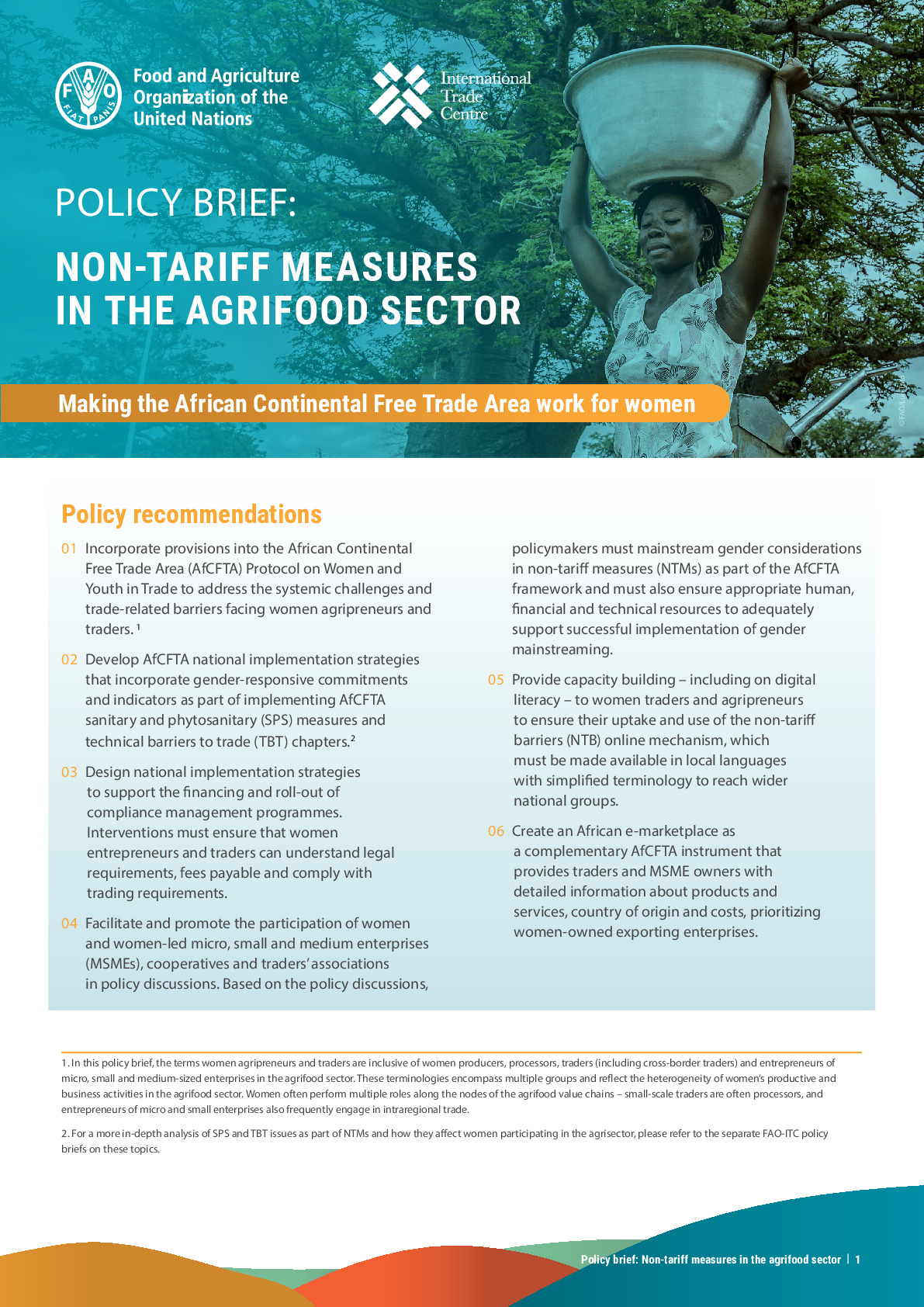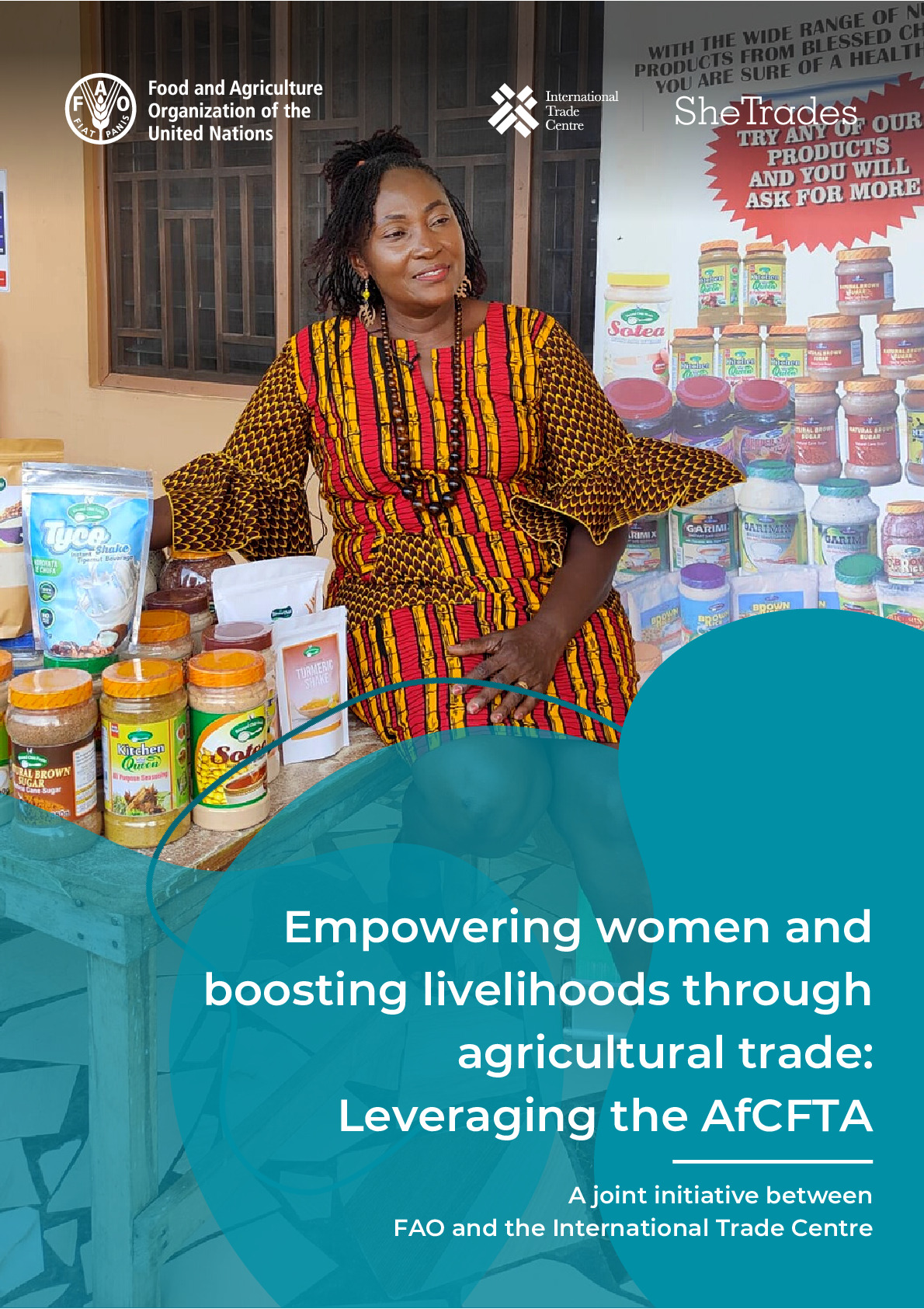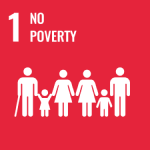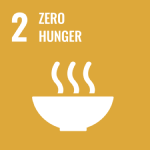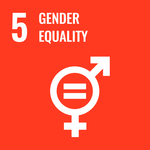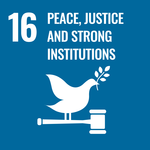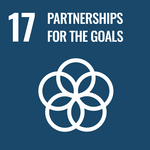United Republic of Tanzania (the)
SheTrades: Empowering women and boosting livelihoods through agricultural trade: Leveraging the AfCFTA Phase II
Sustainable Development Goals
The Project Empowering women and boosting livelihoods through agricultural trade: Leveraging the AfCFTA Phase II contributes to ITC’s Strategic Plan in relation to gender equality and regional integration, in particular ITC Gender Moon Shot and One Trade Africa Strategy, as well as the FAO strategy to support the AfCFTA.
Building on results achieved in Phase I, this project aims to empower women producers, processors, and informal and formal traders in agriculture and agro-processing value chains as well as agriculture women-led MSMEs to benefit from trade opportunities created by the AfCFTA through capacity-building, policy research and policy dialogues. The project contributes to ITC and FAO’s ongoing support to the implementation of the AfCFTA.
Coffee Contracts Management and Logistics, Export Documentation and Forwarding
Dar es Salaam
<p>This training follows the structure of the European Standard Contract for Coffee (ESCC) and how it affects business planning and operations from an SME perspective. That is, how a trader should be in a clear position to negotiate contract terms based on the businesses' capabilities to meet contract obligations in order to minimise financial impacts and maximise reputation and buyer relationships. Operations personnel within the business must also plan ahead and react to ensure contract terms are met, such as availability, quality weights, documentation and certifications, and more. Phase one was a series of webinars that took place in October 2021. </p><p><strong>Phase two is a three-days workshop held from 29 March - 1 April in Dar es Salaam, which seeks to reinforce the previous lessons learnt through practical exercises that follow the training plan below: </strong></p><ul><li><strong>Contract terms and implications for business operations:</strong> Discussion of the following terms, their meaning, and how the business must prepare in advance of loading and shipping as well as how to comply to requirements.</li><li><strong>Contract terms and negotiation: </strong>Communicating the ins and outs of how to negotiate a contract based on the firm's capacities to comply and deliver. </li><li><strong>Preparation for Export: </strong>Covering essentially the container stuffing to shipment phase or immediate preparation beforehand.</li></ul><p><strong>The workshop ends with a field visit to a logistics company and a port of export enabling SMEs understand all preparations needed prior to shipment.</strong></p>
South-South Trade and Investment
Sustainable Development Goals
<p>To investigate the potential of expanding investment (and trade) linkages between India and Africa, capitalizing on the structural changes and resulting opportunities brought forth by the African Continental Free Trade Area (AfCFTA). </p><p>Will assess constraints and opportunities in each of these four areas and provide concrete recommendations for policy action. In addition, several transversal thematic areas will be probed and emphasized upon – technology and knowledge transfer, south-south cooperation at the institutional level, developing technical capacities, and environmental sustainability. The paper can eventually evolve into a strategic action plan for both policymakers and the private sector in India.</p><p>The objective is to analyze opportunities for enhancing Indian investment in Africa from four perspectives - automotive, pharmaceutical, agro-processing, textile, and renewable energy -with case studies in each to describe working models which may enhance business interest and highlight potential.</p><p>Case studies on investments under Supporting Indian Trade and Investment for Africa (SITA) will also be updated to reflect the current, post-investment operating environment.</p><p><br></p>




